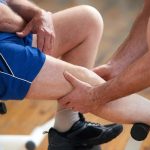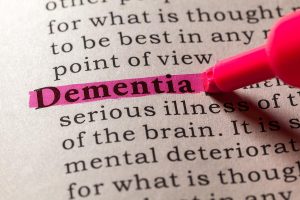
All women 65 and older should continue to be screened for osteoporosis, the nation’s leading preventive health panel says in an updated recommendation. The U.S. Preventive Services Task Force also recommends screening women younger than 65 who’ve gone through menopause and are at increased risk of a fracture from bone loss, according to the updated guidelines published in the Journal of the American Medical Association. “Too often, the first sign of osteoporosis is a broken bone, which can lead to serious health issues,” USPSTF member Dr. Esa Davis said in a statement from the group. “The good news is that for women 65 years or older, as well as younger women at increased risk, screening can detect osteoporosis early—before fractures happen—helping women maintain their health, independence, and quality of life,” added Davis, senior associate dean of population and community medicine at the University of Maryland School of Medicine. Osteoporosis happens as people grow older and their bones lose the ability to regrow and replenish themselves. As bones become thinner and less dense, the risk of a bone fracture grows worse. Bones most commonly broken due to osteoporosis include the hips, wrists and spine, according to the Cleveland Clinic. The updated guideline for women is consistent with earlier versions issued in 2018 and 2011. The USPSTF regularly reviews each of its screening guidelines, to make sure… read on > read on >












-150x150.jpg)








-300x200.jpg)







-300x169.jpg)








